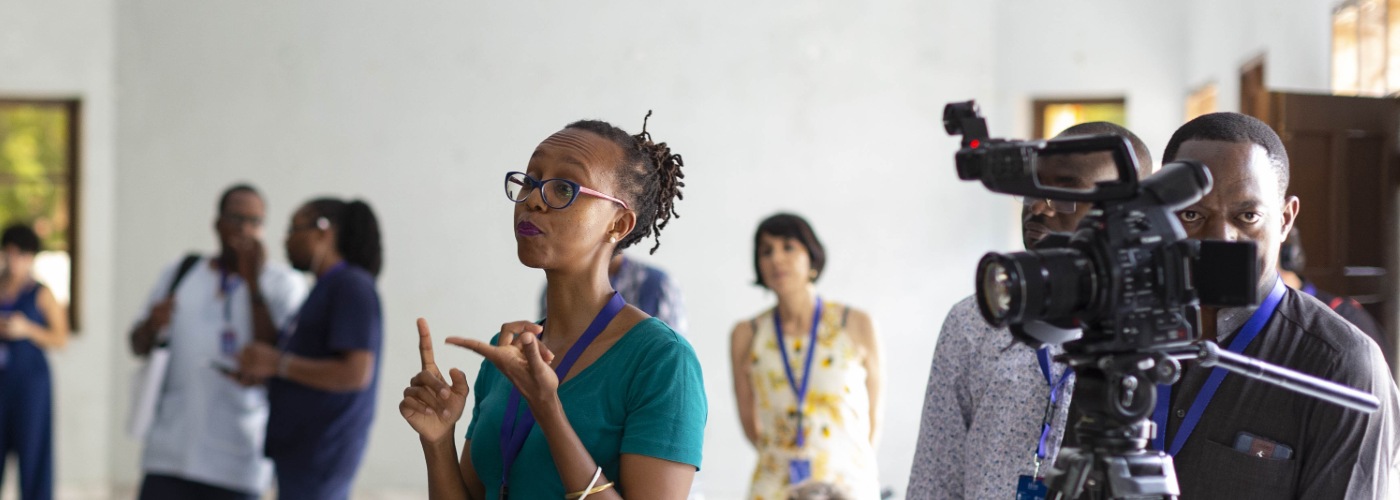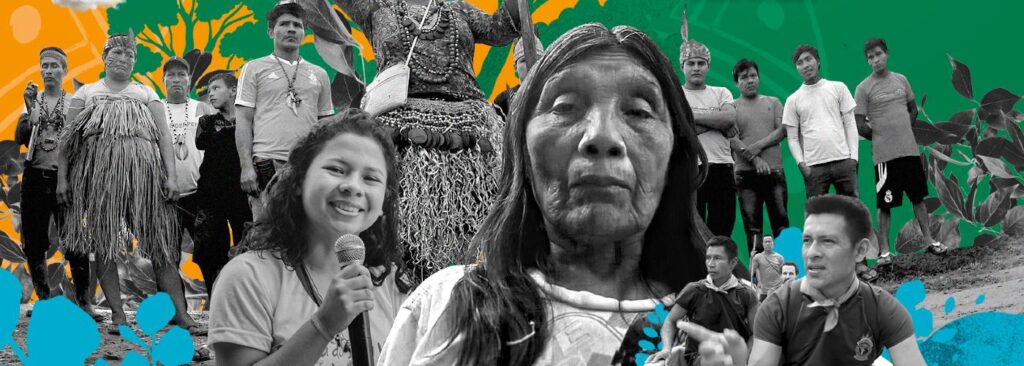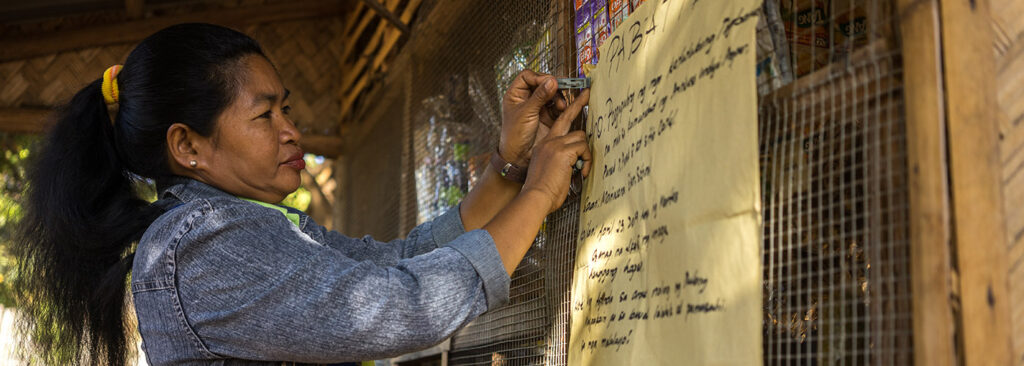by Sally Akinyi and Conrad Zellmann
For us at Hivos, the International Day for Universal Access to Information marks an important occasion to highlight the critical role that access to information plays across the various impact areas we work on with our partners: Climate Justice, Gender Equality, Diversity & Inclusion and Civic Rights. This right ignites engagement between citizens, civil society organizations and journalists who are seeking, receiving and sharing information to keep governments accountable. Simply put, information is a prerequisite to exercising one’s civic rights. Therefore, ensuring access to information is a crucial part of Hivos and partners’ collective efforts to build fairer and more just societies.
The Right to Know is vital to our full and equal participation in public life.
A few steps forward, but much more needs to be done
We celebrate important progress today! Many, but not all, countries now have legal structures supporting access to information. The Open Government Partnership (OGP), whose 10th anniversary we also celebrate this September, has been an important framework through which civic society and governments have collaborated to publish more public data in open and reusable formats. This makes access to information real for citizens and journalists.
Yet in practice, too many people still experience a culture of secrecy and refusal when they approach their governments for information that should be public. Some laws enable the government to turn down information requests on broad grounds. In many countries where Freedom of Access to Information laws exist, the process of filing information requests is overly complicated and time consuming. And during Covid-19, where information to understand and manage the pandemic is critical, there has instead been a decrease in access to information rights in many countries. This period has also been marked by an explosion of misinformation.
This year’s Access to Information Day reminds us of the importance of realizing the Right to Know – it is vital to our full and equal participation in public life.
From South America to Africa: What’s happening on the ground
In Brazil, we work alongside indigenous organizations and international allies like Greenpeace to protect communities and nature in the Amazon. Access to information that government agencies collect and use is crucial for indigenous people seeking justice and for understanding Covid-19 impact and relief in their communities. Yet, the Bolsonaro government has systematically sought to erode the right to information. In the pandemic, the administration has doubled down on information restrictions while conducting active disinformation campaigns. This means that official information on pandemic relief, and data on Covid-19 impacts on indigenous groups is very hard to obtain, creating a significant burden on communities and advocates to produce it.
In Kenya, access to information on the resources allocated and used for an inclusive response and recovery from Covid-19 continues to be a major challenge. Provision of information is often reactive, incomprehensive, siloed and not easily usable for citizens. Recent scandals have highlighted the major risks that ensue in this context, in particular with regard to corruption in public procurement. Building on our experience around opening up public contracting, we are now working with the Institute of Economic Affairs to strengthen local open governance models. We believe doing so will enable citizens to access and use data on Covid spending and to push for effectiveness and accountability.
In Tunisia, an access to information law has been in place since 2016. Nonetheless, in practice, it can be difficult for citizens and journalists to get access to the information they seek. Activists report that governments frequently cite national security grounds to prevent information sharing. Some institutions routinely ignore requests or fail to comply with orders to make information available. This directly hinders investigative reporting, for example on spending on Covid-19 test kits. In our current work with the National Union of Tunisian Journalists (SNJT), we are also observing how the lack of access to official information directly hampers fact checking efforts that are critical to addressing a growing disinformation problem. This makes it essential to strengthen implementation of existing access to information rules, and to increase proactive information disclosure, e.g. through open data on government spending, but also through accessible government spokespeople.
An urgent Right to Know
These are only a few examples from our work with partners in some of the countries we work in. In a wider context of receding civic space and the growing threat of disinformation to inclusive public debate, protecting and expanding access to information has never been more urgent.
One area in which this is crucial is the rapid digitalization of public sector functions. Around the world, governments are introducing algorithmic decision-making in areas such as allocation of social benefits and policing. States are increasingly deploying controversial digital identity systems. And as the recent Pegasus revelations have shown, many governments are using digital surveillance technologies to spy on journalists and activists. All of these have hugely concerning human rights impacts, in particular for people who have historically been discriminated against. These developments demand public scrutiny and oversight to understand who benefits and who is at risk when these technologies are poorly designed or misused. Access to information is fundamental to our collective ability to protect human rights in our increasingly digital era.
What more can we do?
Today, we join our many colleagues in civil society around the world to remind governments and international institutions of their responsibility to uphold the right of access to information about the actions of public agencies and private actors operating with public resources. They must respond to information requests in a timely fashion and stand by and expand their commitments to proactive transparency, in particular by increasing access to timely data in open and reusable formats.
Civil society itself has a crucial role to play in making sure that people have the information they need. This includes working with progressive government actors in the context of frameworks like OGP to open up information and to expand civic participation and oversight. We can advocate for strong access to information frameworks and their implementation in crucial areas, such as on climate finance. It also means supporting independent content producers and journalists who offer critical information and creative perspectives that question powerful narratives and pressure governments and social media platforms to enable an open society.




